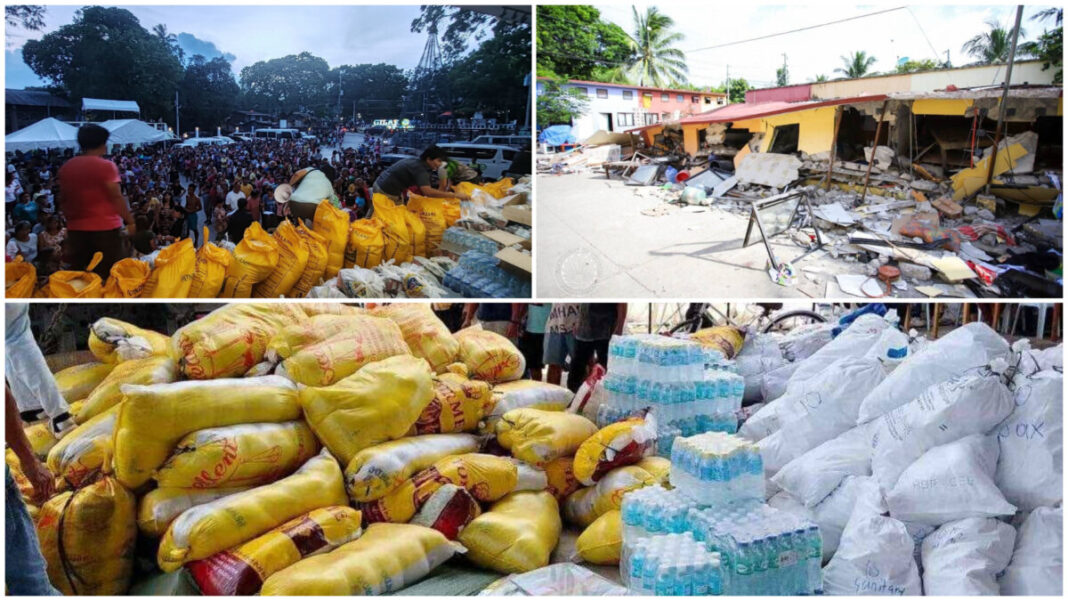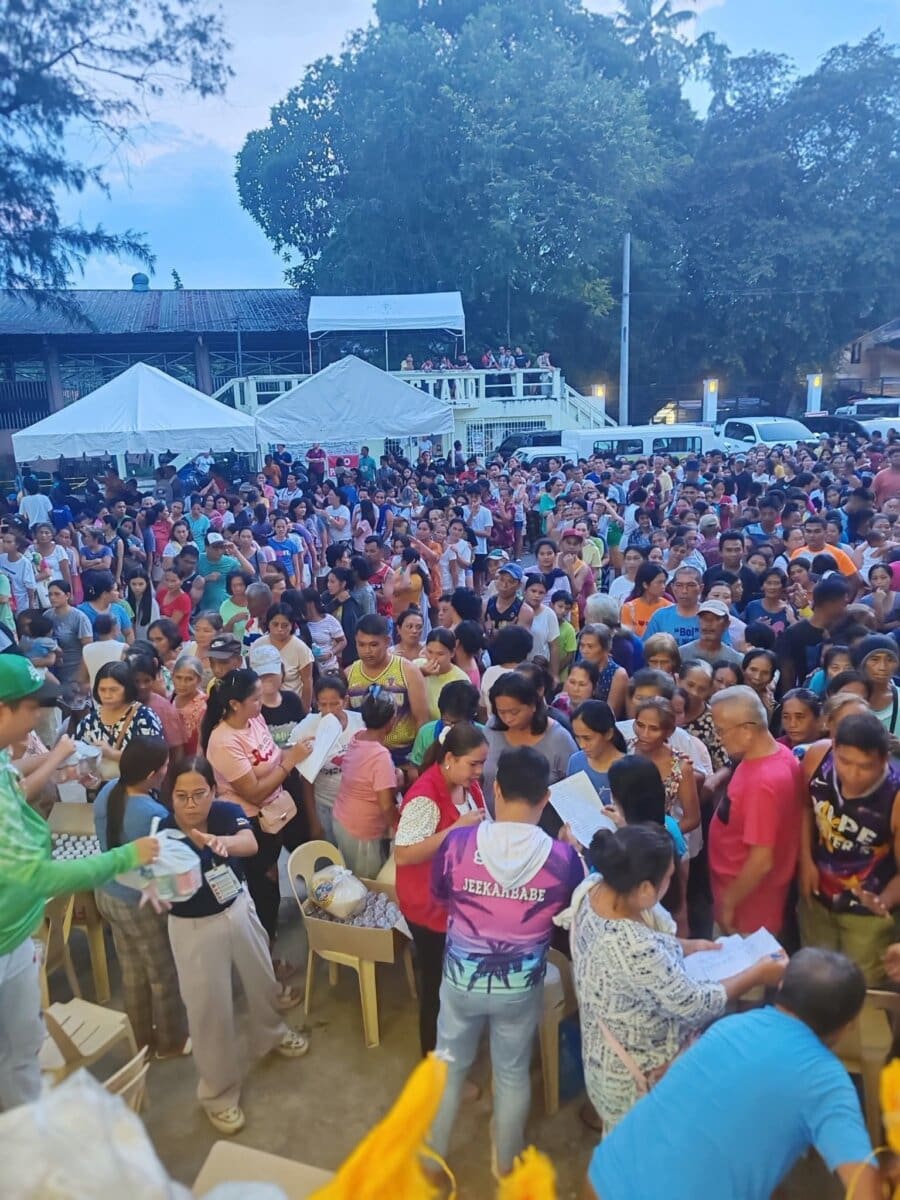
The recent earthquake in Cebu left deep cracks across the province, both in concrete walls and in the lives of those who call it home. In the aftermath, survivors gathered at evacuation centers and relief stations, expecting immediate assistance. What they found instead was a process that required evidence of their suffering.
Aid Behind Papers and Photos
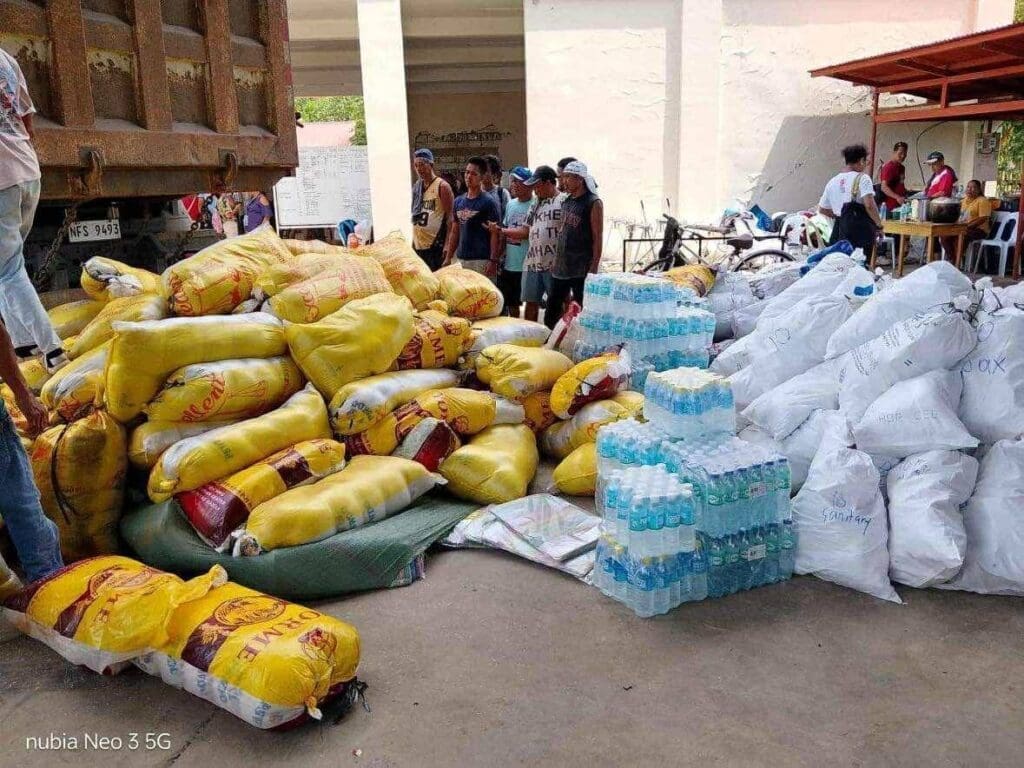
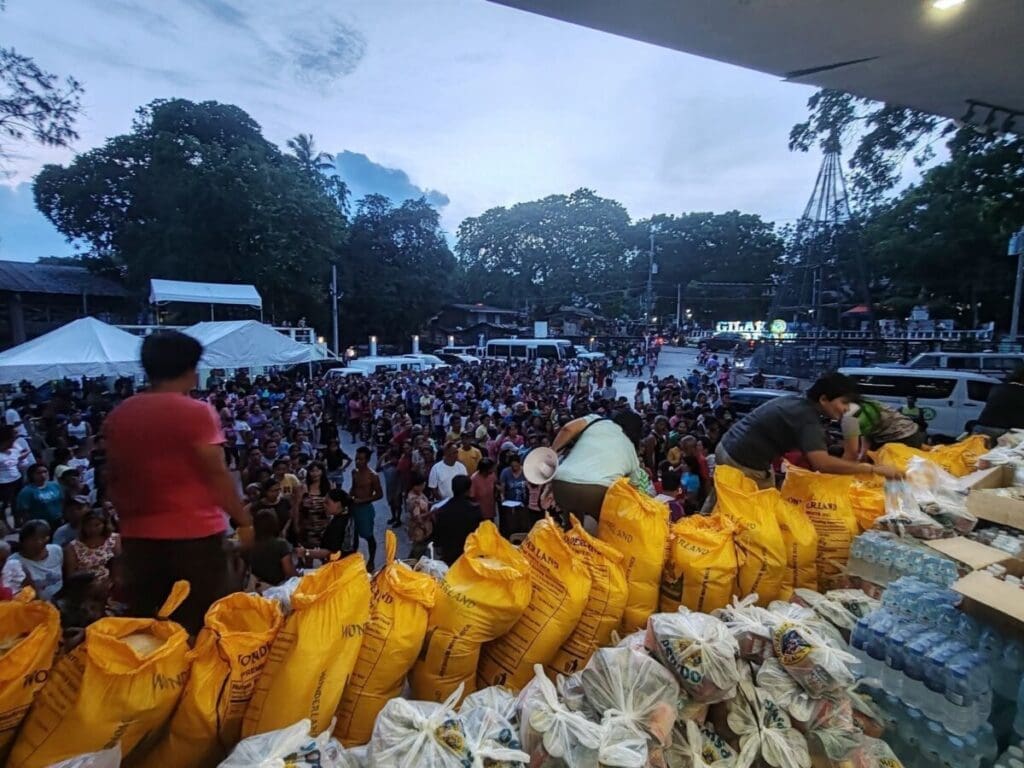
Relief distribution came with a condition, victims were asked to present documents or photographs proving that their houses were damaged. Families without such proof were told they could not receive goods. This requirement, while designed to prevent misuse of aid, left many empty-handed. Renters, informal settlers, and those who lost everything in the quake were among the most affected. For them, the rule turned into an invisible barrier that excluded their needs from being recognized.
The Voices of the Left Behind
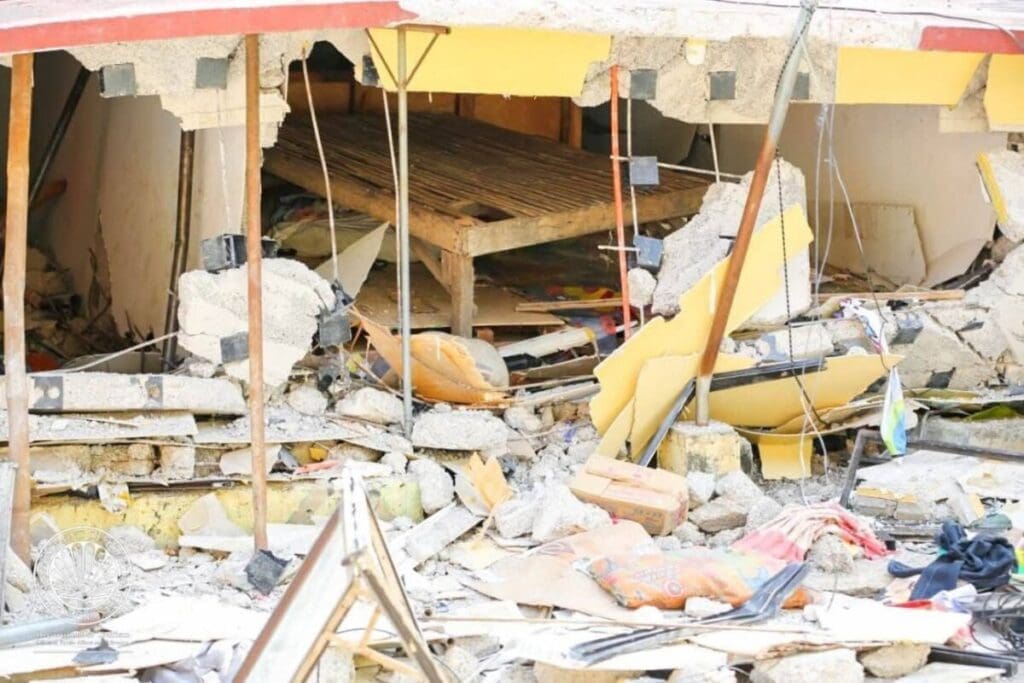
Mothers carrying children stood in long lines only to be sent away. Elderly residents who could barely walk were asked for property papers they never had. Survivors who escaped collapsing homes were told to return and take photographs, an impossible and dangerous task when aftershocks still rattled the city. For those already traumatized by the quake, being denied food and water compounded their despair.
Relief Beyond Red Tape
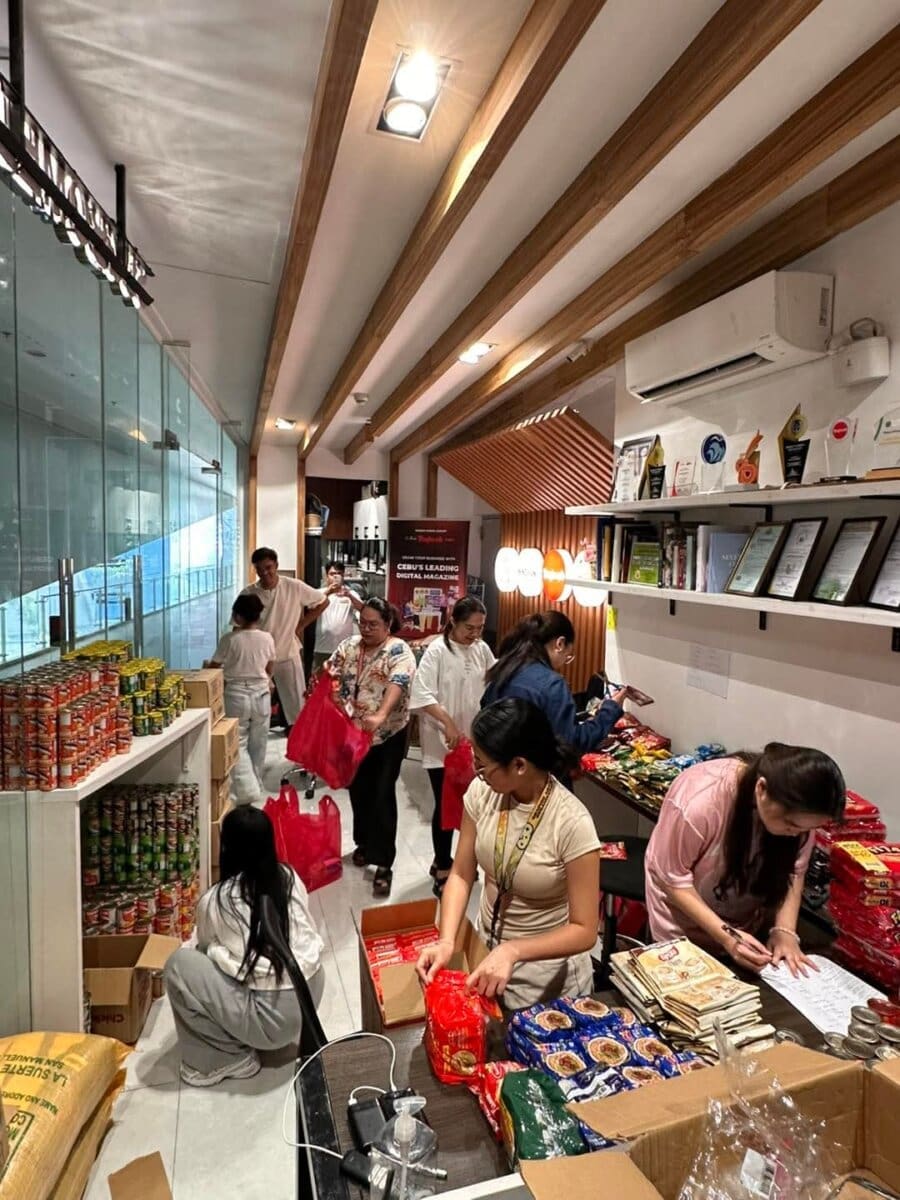

Local volunteers, church groups, and independent organizations tried to bridge the gap, offering food, clean water, and blankets without requiring proof. Their efforts became lifelines for those excluded from official relief. Yet supplies were limited, and without government support, many families continued to struggle. The contrast between grassroots aid and bureaucratic distribution sparked public debate on compassion versus accountability in times of crisis.
Rethinking Disaster Response
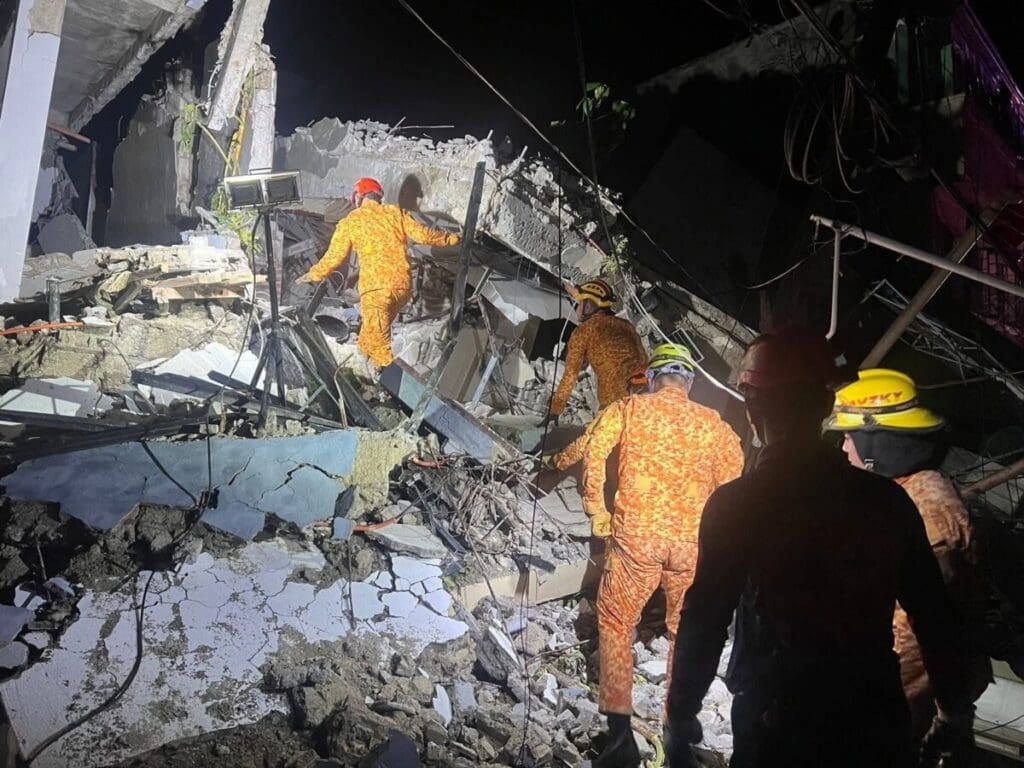
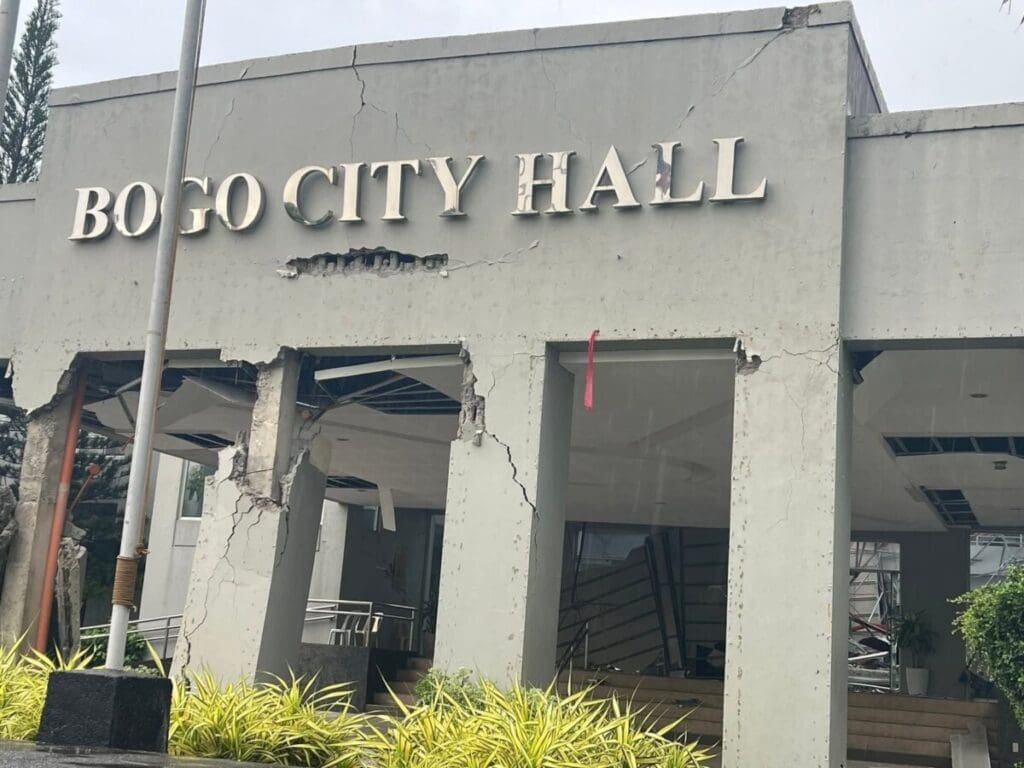
The earthquake not only tested the strength of Cebu’s infrastructure but also the systems meant to protect its people. While preventing fraud in aid distribution is important, demanding paperwork from survivors risks overlooking the very individuals most in need. The disaster highlighted the urgent need for a more inclusive and humane response system, one that prioritizes compassion without losing accountability.
As Cebu rebuilds, the challenge is no longer just about repairing homes but about restoring trust in relief efforts. For earthquake survivors, help should not depend on the papers they carry, but on the urgency of their hunger and the reality of their loss.

